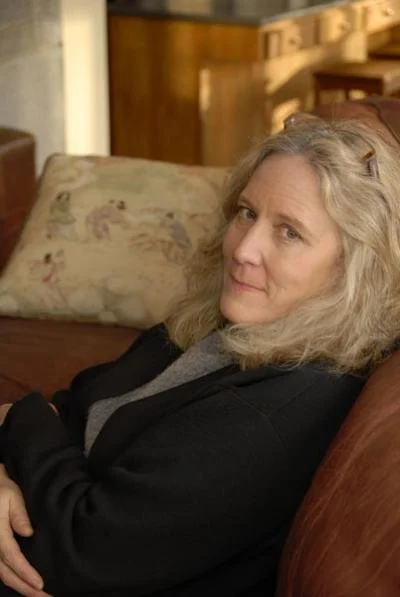About
D M Gordon's various incarnations are pieces of a larger puzzle. She’s been a competition swimmer; a classical pianist with a masters in performance—teaching and performing chamber music; a political activist; and an equestrian—schooling high level dressage mounts with Olympic team members. Her oddest job, briefly held, was as a courier for stallion semen. After a major course correction, she dedicated herself to becoming a writer.
10,000 hours later, she is a novelist, poet, creative non-fiction writer, reader, and editor. To date, she’s produced prize-winning poems and short stories, two novels, three poetry books, and a book-length work of creative non-fiction.
She owes her literary skill to the support of many, including professors at Smith College who welcomed her dogged auditing. Poets, authors, and editors who sharpened her abilities include Eleanor Wilner, Ellen Bryant Voight, Tony Earley, Sigrid Nunez, Tom Jenks and others, including the inimitable Kurt Vonnegut who, for a time, was holed up in a lonely office in the far reaches of Smith’s Neilson Library and dispensing wisdom.
As an editor at Hedgerow Books, she midwifed the publication of ten poetry collections, two of which were honored as finalists for The Montaigne Medal and Eric Hoffer Award.
Small works have been published widely in journals such as The Massachusetts Review, The Cincinnati Review, Poetry Daily and Lady Churchill's Rosebud Wristlet—a zine by Small Beer Press. Awards include, but are not limited to, a Massachusetts Cultural Council Artist Fellowship in fiction, Glimmer Train’s First Prize for her short story, “The Work of Hunters is Another Thing," and, as a finalist, publication of various poems for The Pablo Neruda Award from Nimrod.
INTERVIEWS
10 Questions for D M Gordon
THE MASSACHUSETTS REVIEW
—Read "Mosses and Ivies," Volume 62, Issue 1 (Spring 2021)
Tell us about one of the first pieces you wrote.
I wrote poems and short stories on my own in high school, then stopped abruptly in the second week of college when, in my first critique experience ever, the professor used my sonnet to prove that the sonnet was dead, and said of my short story that the writer was psychotic and needed professional help. Then he thought a lovelorn poem I wrote was more like it. I knew there was nothing wrong with my mental health, that the story was only mildly surreal, and the poem was probably dreck. I became alarmed that I was about to flunk creative writing. READ MORE
On Multiple Drafts
GLIMMER TRAIN PRESS
In the last few years, I've gained a readiness to write major new drafts as a matter of course. First-born words can arrive as immutable as twelve-foot marble angels in the local park–instantly nostalgic, moveable only with difficulty. Images concretize. READ MORE

